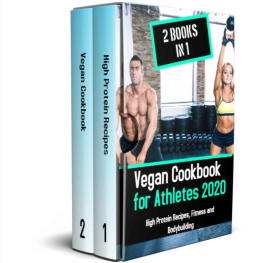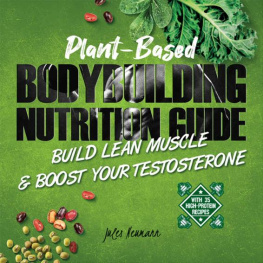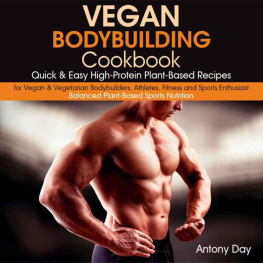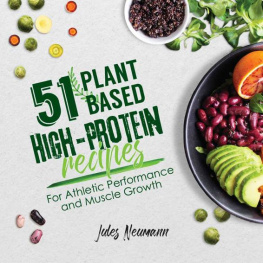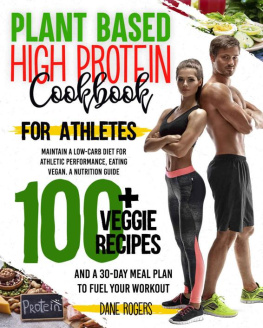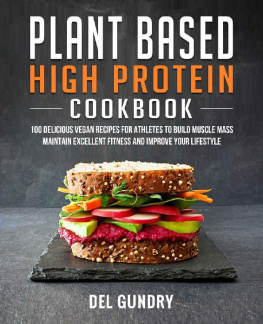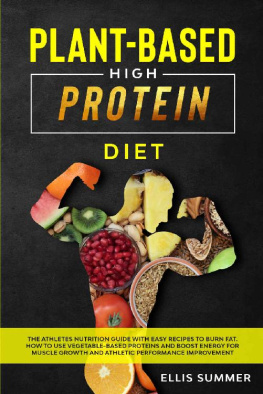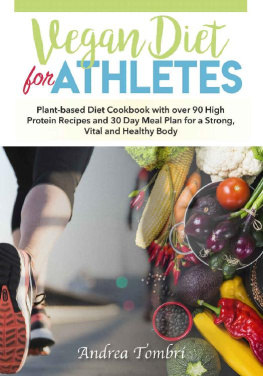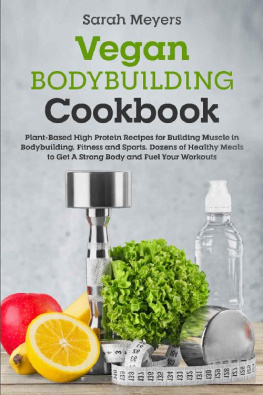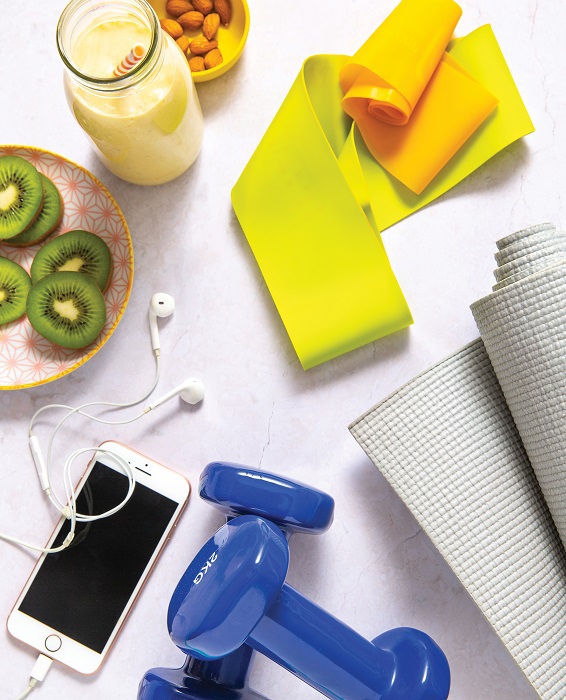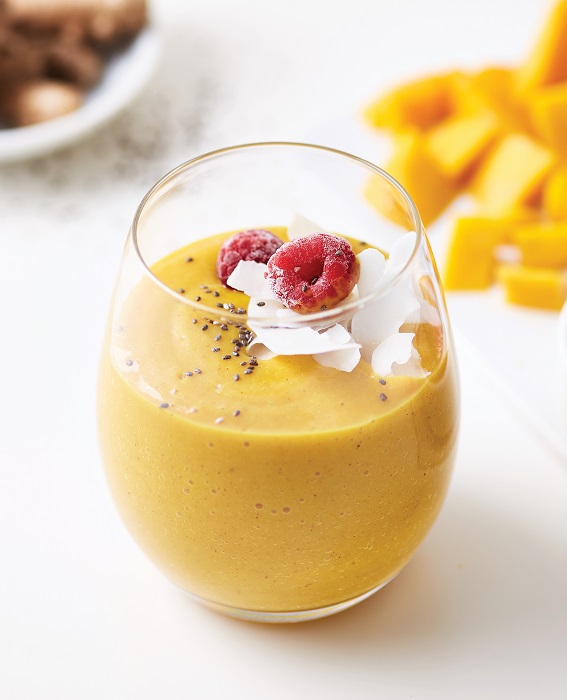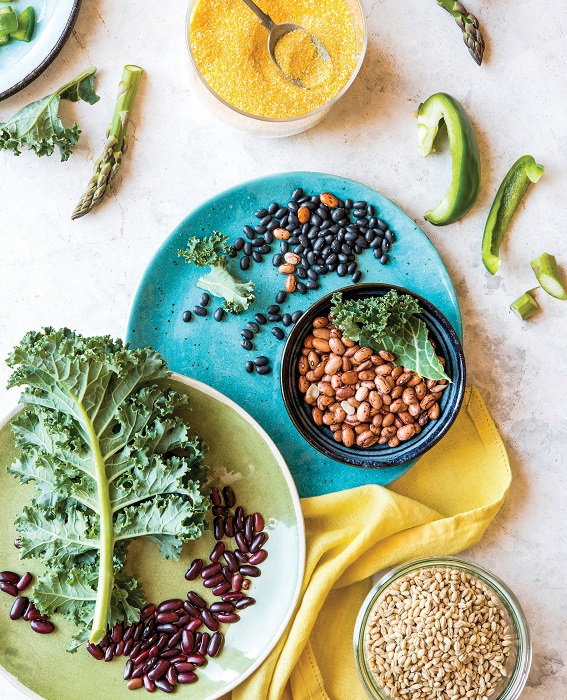
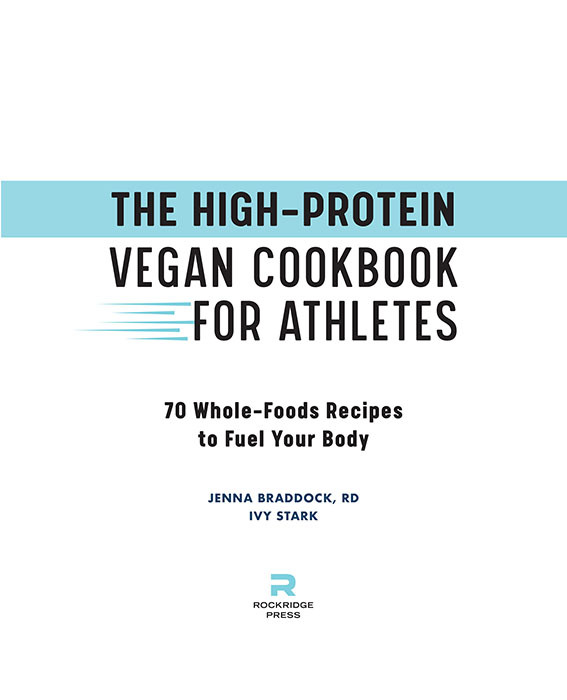
Copyright 2021 by Rockridge Press, Emeryville, California
No part of this publication may be reproduced, stored in a retrieval system, or transmitted in any form or by any means, electronic, mechanical, photocopying, recording, scanning, or otherwise, except as permitted under Sections 107 or 108 of the 1976 United States Copyright Act, without the prior written permission of the Publisher. Requests to the Publisher for permission should be addressed to the Permissions Department, Rockridge Press, 6005 Shellmound Street, Suite 175, Emeryville, CA 94608.
Limit of Liability/Disclaimer of Warranty: The Publisher and the author make no representations or warranties with respect to the accuracy or completeness of the contents of this work and specifically disclaim all warranties, including without limitation warranties of fitness for a particular purpose. No warranty may be created or extended by sales or promotional materials. The advice and strategies contained herein may not be suitable for every situation. This work is sold with the understanding that the Publisher is not engaged in rendering medical, legal, or other professional advice or services. If professional assistance is required, the services of a competent professional person should be sought. Neither the Publisher nor the author shall be liable for damages arising herefrom. The fact that an individual, organization, or website is referred to in this work as a citation and/or potential source of further information does not mean that the author or the Publisher endorses the information the individual, organization, or website may provide or recommendations they/it may make. Further, readers should be aware that websites listed in this work may have changed or disappeared between when this work was written and when it is read.
For general information on our other products and services or to obtain technical support, please contact our Customer Care Department within the United States at (866) 744-2665, or outside the United States at (510) 253-0500.
Rockridge Press publishes its books in a variety of electronic and print formats. Some content that appears in print may not be available in electronic books, and vice versa.
TRADEMARKS: Rockridge Press and the Rockridge Press logo are trademarks or registered trademarks of Callisto Media Inc. and/or its affiliates, in the United States and other countries, and may not be used without written permission. All other trademarks are the property of their respective owners. Rockridge Press is not associated with any product or vendor mentioned in this book.
Interior and Designer: Linda Snorina
Art Producer: Meg Baggott
Editor: Anna Pulley
Cover photo 2021 Annie Martin
Nadine Greeff,
courtesy of Michelle VanTine Photography
Paperback ISBN: 978-1-64876-668-8
eBook ISBN: 978-1-64876-167-6
R0
FROM JENNA: To the many athletes Ive had the honor of working with over my career: your pursuit of excellence challenges me to do the same.
FROM IVY: To Charlie Brown, who never stopped trying to kick that football.
CONTENTS
If youre reading this book, its safe to assume youre an athlete or physically active and interested in eating more plant-based foods. Welcome! Im glad you chose this cookbook to help you on your path to better performance.
Im a registered dietitian and Certified Specialist in Sports Dietetics (CSSD). From day one of my career, Ive wanted to help athletes perform to the best of their ability. The human body is incredible, and fueling it well enables you to do more with it for longer.
I love working with athletes because they want to be their best and do what it takes to achieve their goals. Although this is a wonderful quality, it can work against them when it comes to trendy diets and supplements that promise game-changing results.
In recent years, plant-based eating has gained significant ground on the sports scene. Many high-level vegan athletes have emerged, such as Venus Williams, Alex Morgan, and Kyrie Irving, dispelling the myth that animal-based foods are a must for success. And even though some supplements and powders can help vegan athletes get the protein they need, youre here because eating a whole-foods, plant-based (WFPB) diet is important to youand you want to learn how to do that better.
Following a high-protein, plant-based diet as an athlete is an excellent choice, but that doesnt mean it feels easy. Making the adjustment can be overwhelming. Given that, I encourage you to think of eating for performance as an experiment. Everything is trial and error with a spirit of curiosity. The goal is to land on a sweet spot of doable whole foods that taste great, feel good, and help you meet your performance goals.
In this book, youll find a wealth of helpful information to equip you on your plant-based journey and make things a little easier. First, well dive into the basics of sports nutrition and fueling your body with plants. Then, youll find 70 delicious, high-protein, plant-based recipes to help you eat well and prep your body for success.
Should I go vegan? is a question many athletes have asked me in the past couple of years. Maybe youre wondering this, too, or perhaps youve made the switch already to plant-based eating. Or maybe youre an athlete who wants to add more plant-based options to their overall diet. This book will help you regardless of where youre starting.
Nutrition is highly individualizedespecially for athletesbut eating a predominantly plant-based diet is a positive change for just about everyone. Its possible to meet all the requirements of your body with a plant-based diet. Lets begin by looking at what your body needs to perform as a plant-based athlete.
Yes, You Can Get All the Protein You Need from Plants
Plant-based eating will cover your carbohydrate basesgiving you the essential macronutrient for energy in an athletes dietbecause most plant foods contain at least some carbs. Protein, however, is the macronutrient often thought to be most at risk. Decades ago, this may have been true, but with new research and greater availability of plant-based foods, its possible to get the protein you need while eating a vegan diet.
Youre likely coming to this book with some foundational knowledge of sports nutrition and plant-based eating, so were not going to start from scratch. This book is intended to be a creative addition to your high-protein eating plan, not the starting place for building your performance diet. However, your questions about protein needs, vegan protein sources, and delicious ways to achieve high-protein meals and snacks will be answered. If you want more information on general sports nutrition, visit the Resources section at the end of this book (see ).
What Do We Mean by High-Protein?
The amount of protein you need as an athlete is a highly debated topic in scientific research. The most recent Dietary Guidelines for Americans recommend adults 19 and up get 10 to 30 percent of their total calories from protein, or about 0.8g/kg of body weight, but athletes usually need more protein than that, specifically for building and maintaining lean muscle. Being a vegan athlete adds another layer to protein needs, since plant-based proteins can be less bioavailable (readily absorbed by the body) than animal sources. That said, recent research published in Nutrients found a higher intake of plant-based protein may attenuate this problem.


